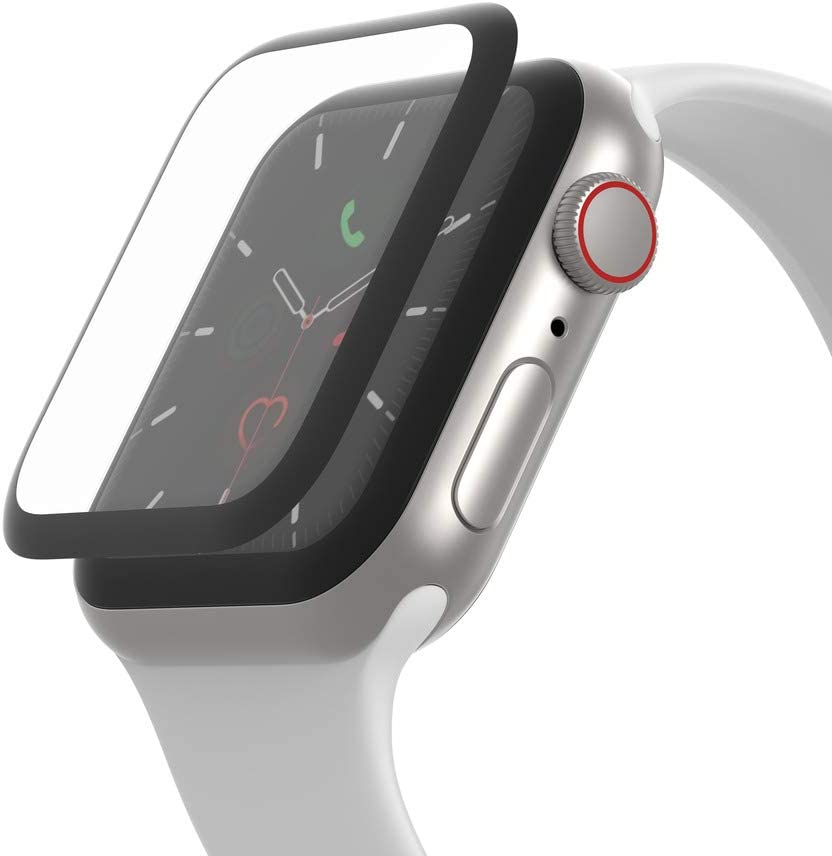We have seen people wearing Apple watches in the same amount as we have seen people carrying iPhones. And why not? You can quickly use your wrist to do calls, send texts, set reminders, and play songs. And a bunch of other tasks that your iPhone can. The Apple Watch also ventured into fitness. Thus enabling you to monitor your heart rate, log your exercises, and count your steps.
But Apple has lately been concentrating more on enabling the Apple Watch to monitor your health as well. Recently, Apple has revealed a few fresh ways that scientists are using the Apple Watch to explore new boundaries in heart health. Moreover, according to the company, forthcoming projects comprise assessing firefighters’ heart health. And using the Apple Watch ECG app with kids and teenagers, and much more.
Currently, available heart health features for Apple Watch include notifications for high and low heart rates, cardio activity, notifications for abnormal heartbeats, and the ECG app. Along with a diagnosis of atrial fibrillation (AFib). Apple offers their customers constantly evolving, actionable insights about their health.
Researchers are using Apple’s recently introduced Investigator Support Program to advance understanding of the heart using Apple Watch devices.

Conducting Research for Apple Watch Health Heart Feature
examining the sensitivity of the Electrocardiography app
Senior pediatric oncologists Dr. Claudia Toro and Associate Professor Rachel Conyers work at the Murdoch Children’s Research Institute in Melbourne, Australia. They primarily treat children in a tertiary pediatric oncology clinic and research the side effects of treatments for pediatric cancer. Together, they are analyzing the possible effects of treatment on cardiac rhythm. And endeavoring to come up with creative strategies to intervene.
Associate professor Rachel Conyers stated, “I read about the Apple Heart Study and I thought this could be crucial for pediatrics. She said that they used to think that toxicity of the heart starts after a specific time of treatment. There is currently a large void in our knowledge of toxicities. Because we now know that emerging cancer therapies (such as particular inhibitors or immune therapy) might produce arrhythmias within 48 hours of medication”.
In the next few months, Dr. Rachel Conyers and a coworker from Australia’s Murdoch Children’s Research Center plan to look into the “sensitivity of the Apple Watch ECG app in 40 child and adolescent patients.” The ECG app has been given the go-ahead to be used by adult patients.
Also Read- 3 Quick Ways To Turn Off Apple Watch In 2023
examining the effect of wildfire smoke on heart
In 2020 and 2021, California was plagued by a string of destructive wildfires. Dr. Cheong studies the social and health effects of natural catastrophes and climate change. She saw a chance to explore the effects of wildfire smoke on individual firefighters’ cardiac health.
Dr. Cheong discovered that the Apple Watch may assist in gathering the type of health data she needs through her associations in the scientific community. She said that her Stanford colleague had talked about her Apple Watch venture. And it’s noted for its heart rate accuracy. She also expressed that She always wanted to be capable to achieve more sensor-based, noninvasive studies on individuals. Thus to obtain more accurate health measurements.”
Therefore, Dr. So-Min who is a professor at Texas University will concurrently work on this research with Marco who is a physician at Standford University.
Also Read- How To Use The Ocean Band With Your Apple Watch
Research for ways to detect atrial fibrillation earlier
The anticipated rate of atrial fibrillation (AFib) in the European Union is predicted to double by 2060, according to epidemiology experts in the region. Besides, AFib is a typical heart arrhythmia. If left untreated, catastrophic consequences can occur, including an increased chance of stroke or heart failure.
Dr. Sebastiaan Blok is utilizing the Apple Watch to research techniques. So, he can identify atrial fibrillation proactively at the Amsterdam University Medical Centers.
As a part of the research, they intend to include more than 300 patients who are above 65. And fulfill the standards of the AFib risk in their endeavor. The intervention group makes up half of the participants. They will wear Apple Watch for at least 12 hours per day.
The study’s protocol stipulates that participants must take an ECG once every three weeks. Or as soon as any symptoms appear. If the researchers learn of an unusual rhythm via an individual who received a notification regarding an abnormal heartbeat, they will contact the individual and guide how to undergo an ECG and share the results.
Within three weeks of the examination finale, researchers were able to locate an AFib patient in the intervention group who had no symptoms.
Lastly, Dr. Sebastiaan Blok stated that they are continuing to grow and invent alongside advanced opportunities and grow with the pace of science and technology.
Also Read- Tips To Rearrange And Delete Apple Watch Faces

































